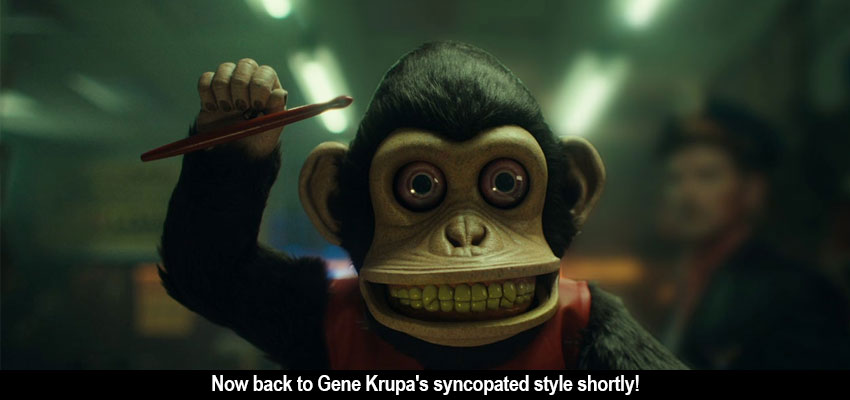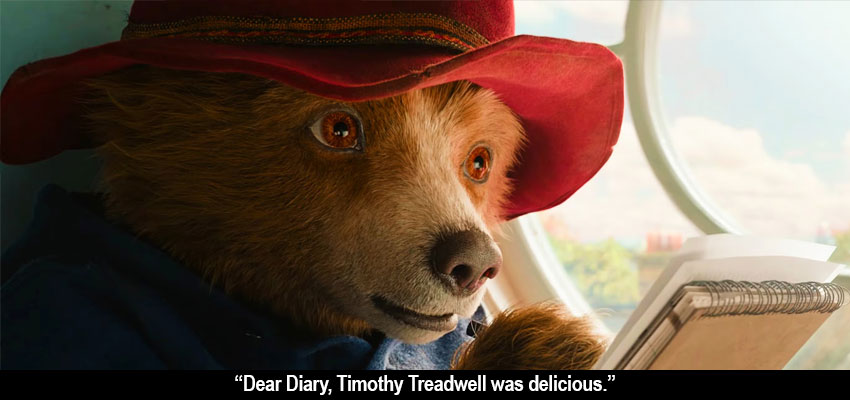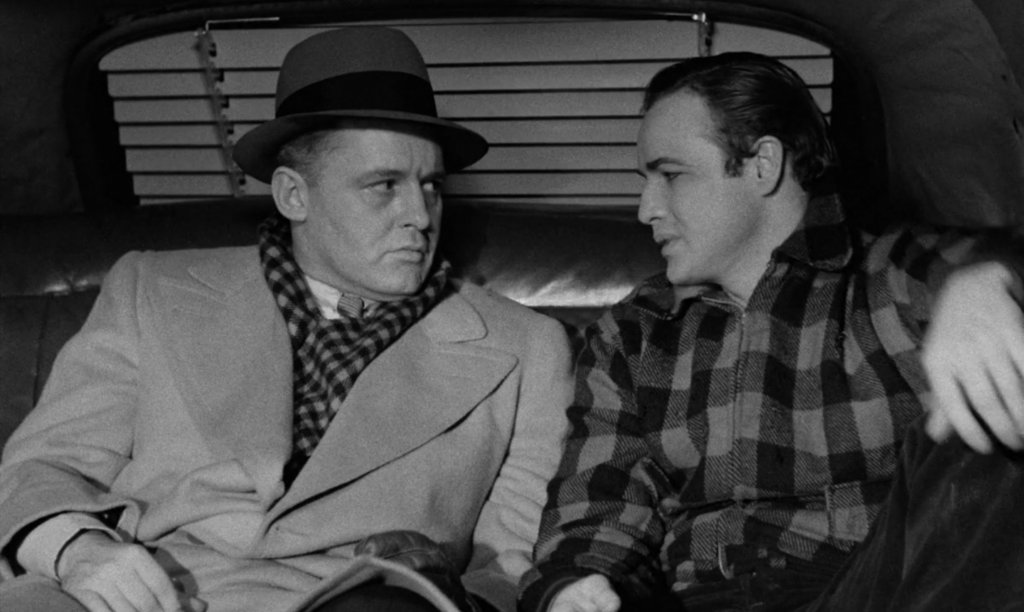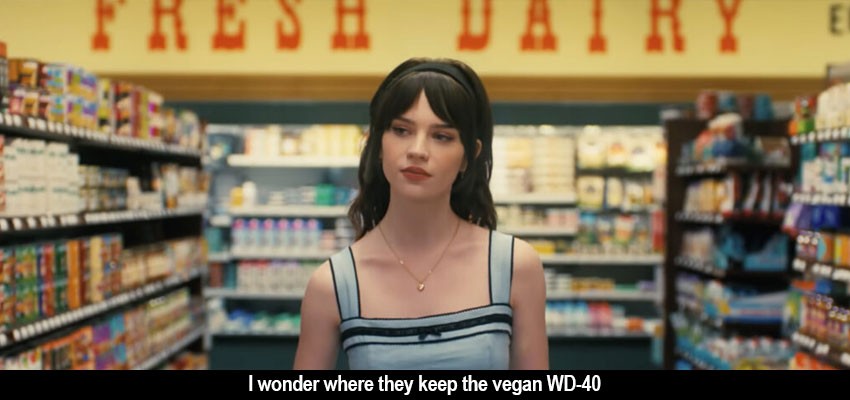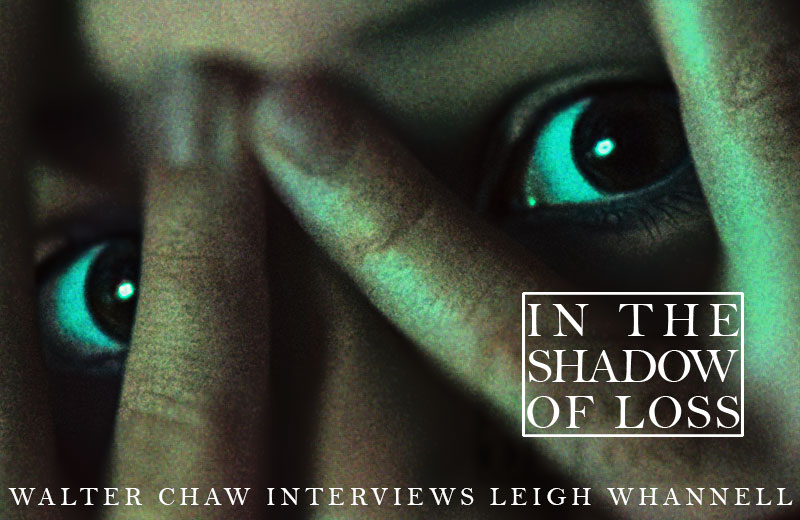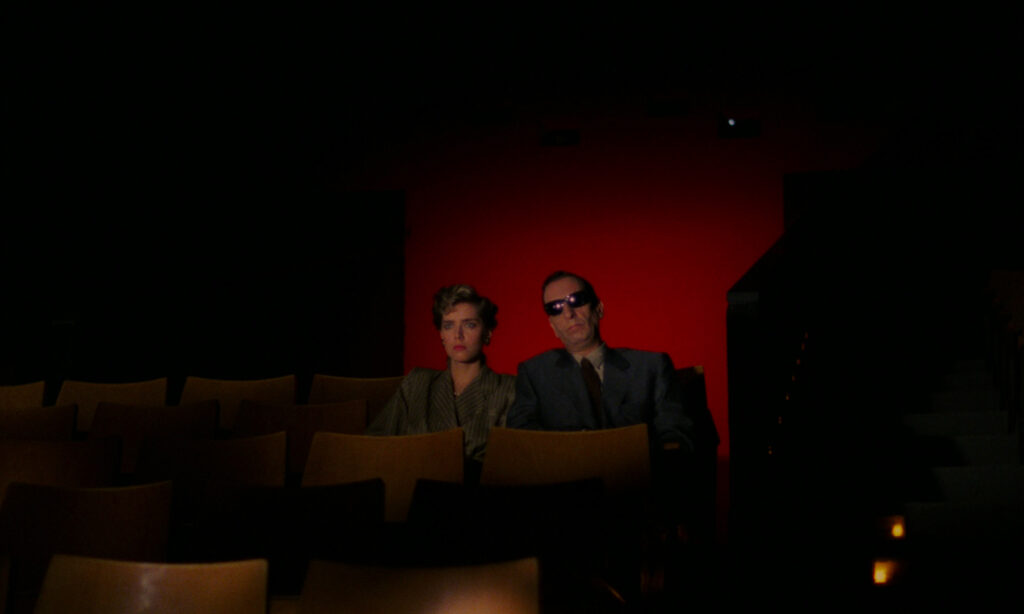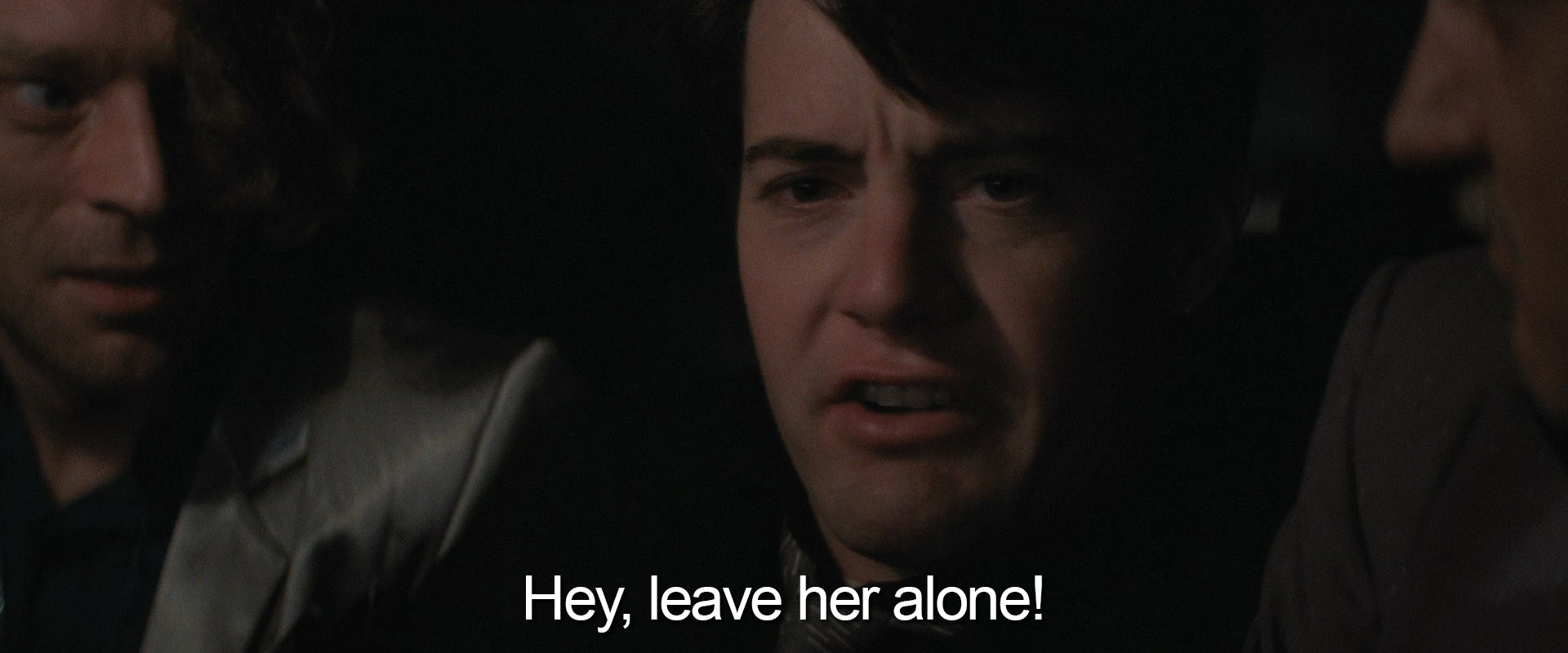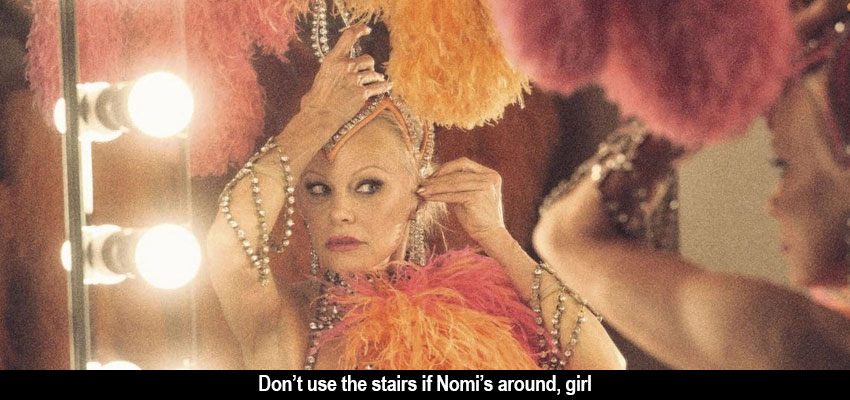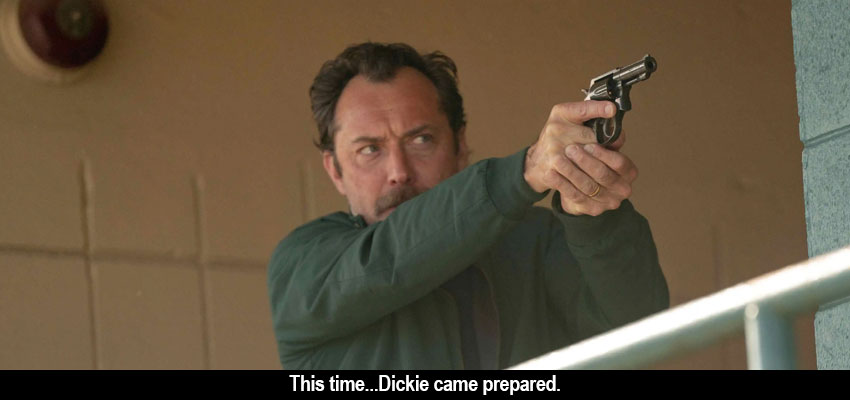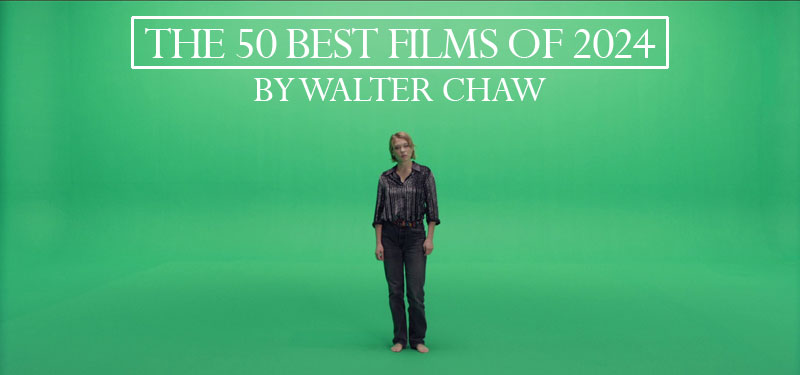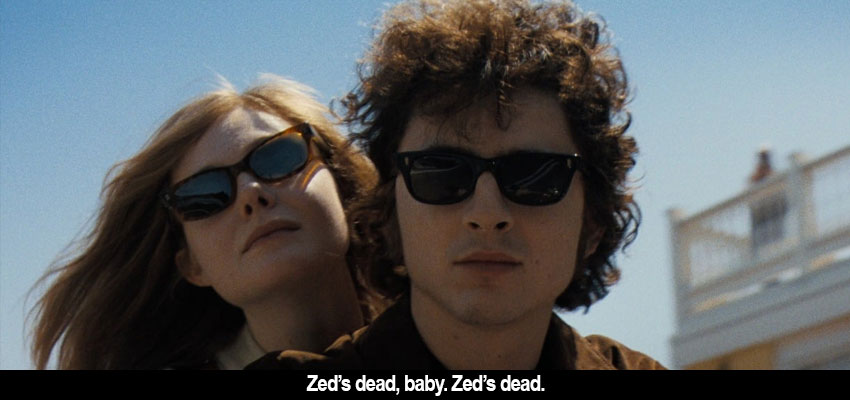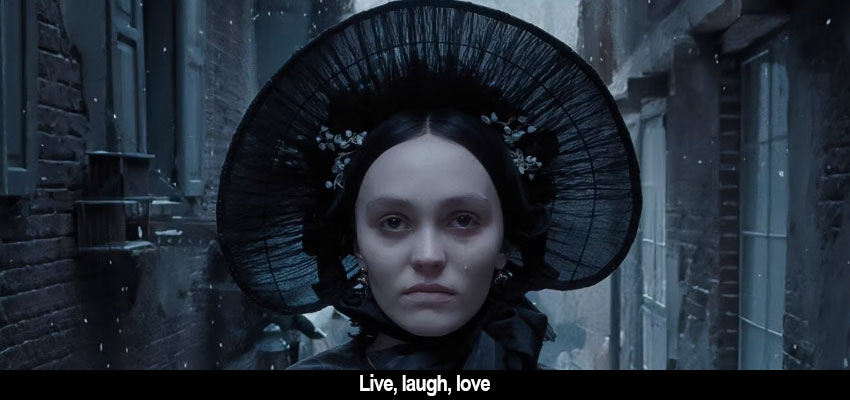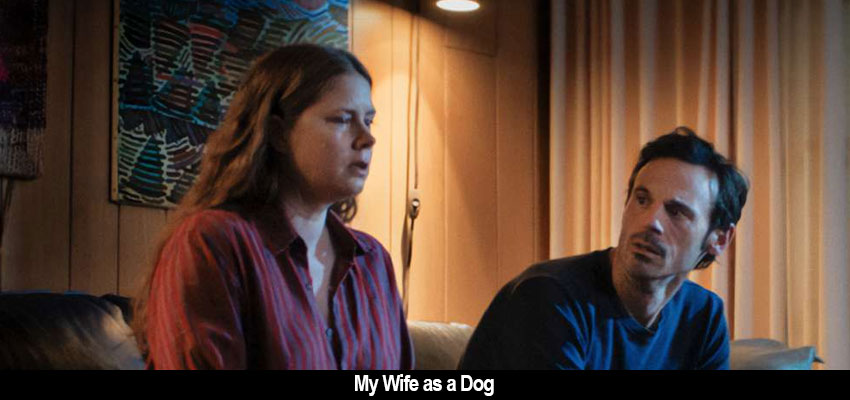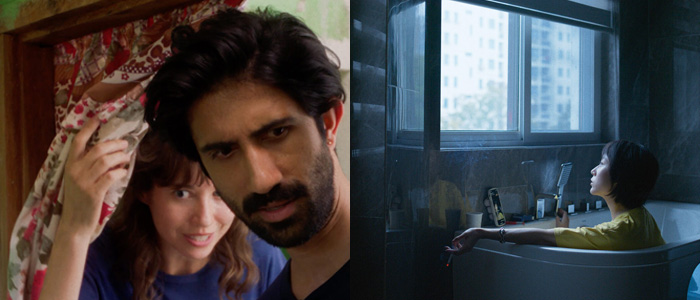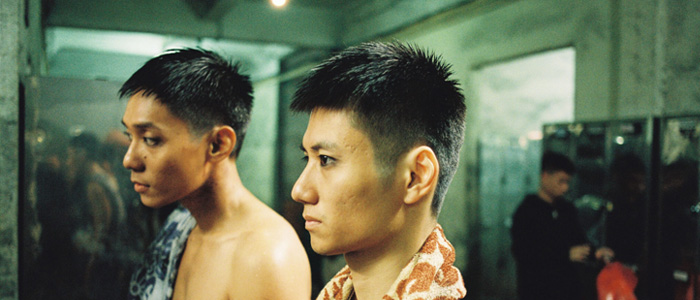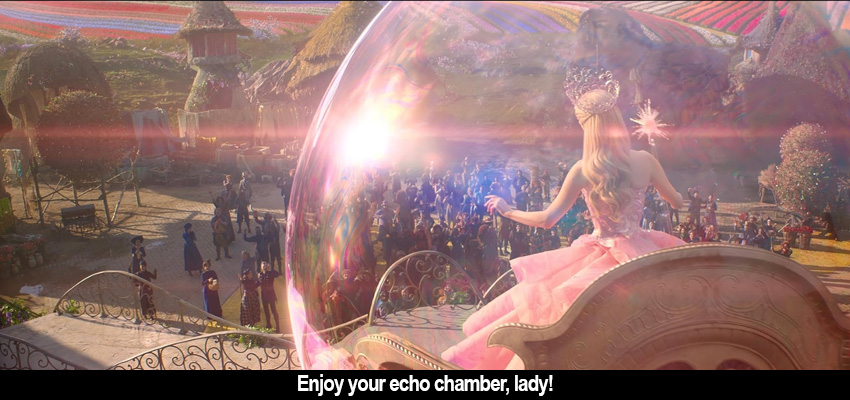The 4:30 Movie (2024) – Blu-ray + DVD + Digital
*½/**** Image B+ Sound B+ Extras B+
starring Austin Zajur, Nicholas Cirillo, Reed Northrup, Ken Jeong
written and directed by Kevin Smith
by Bill Chambers What is Kevin Smith’s most personal film to date? Inveterate online cinephiles trapped in a parasocial relationship with him such as myself might say it’s still his first, Clerks, a comic ode to the plight of the American convenience-store worker shot at the very same Quik Stop that employed him at the time. Or is it Chasing Amy, a movie that allegorizes Smith’s burgeoning romance with actress Joey Lauren Adams, for whom he wrote the female lead? Could it be Jersey Girl, his fantasy of widowhood and single-fatherhood and Ben Affleck-hood? Howzabout Clerks III, in which Smith used his “widowmaker” heart attack as a jumping-off point to tell the story of the making of Clerks? All good guesses, but according to Smith, his “most personal film to date” is his most recent, The 4:30 Movie, about three Jersey teens hanging out at the movies in the summer of ’86. The erstwhile Silent Bob has had alter egos before (Dante from Clerks, for instance, although in Clerks III Dante and Randal are possibly Kevin Smith split in two), but not like Brian David (Austin Zajur), a stocky film geek with the gift of gab.


